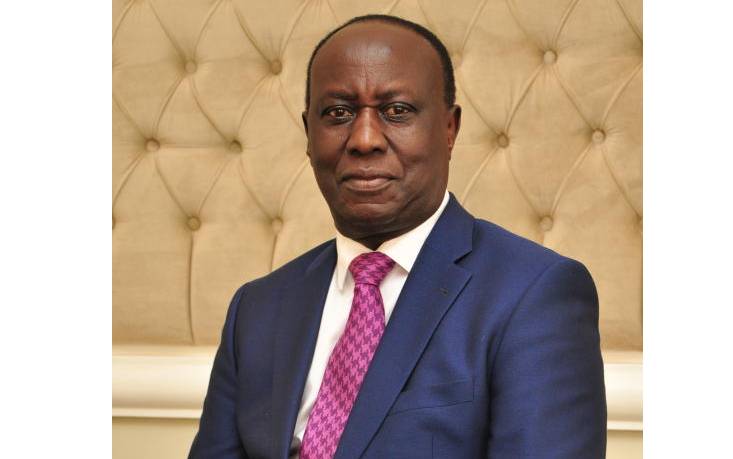×
The Standard e-Paper
Smart Minds Choose Us

From the terraces of Hemingways Hotel deep in the lush Karen suburb, Richard Kimenyi (pictured above) sips a cup of black tea, his penetrating eyes trained on the knuckle-faced Ngong Hills. It is a sight he has seen almost daily for the last three years since he was headhunted to take charge at the Sh1.5 billion hotel.